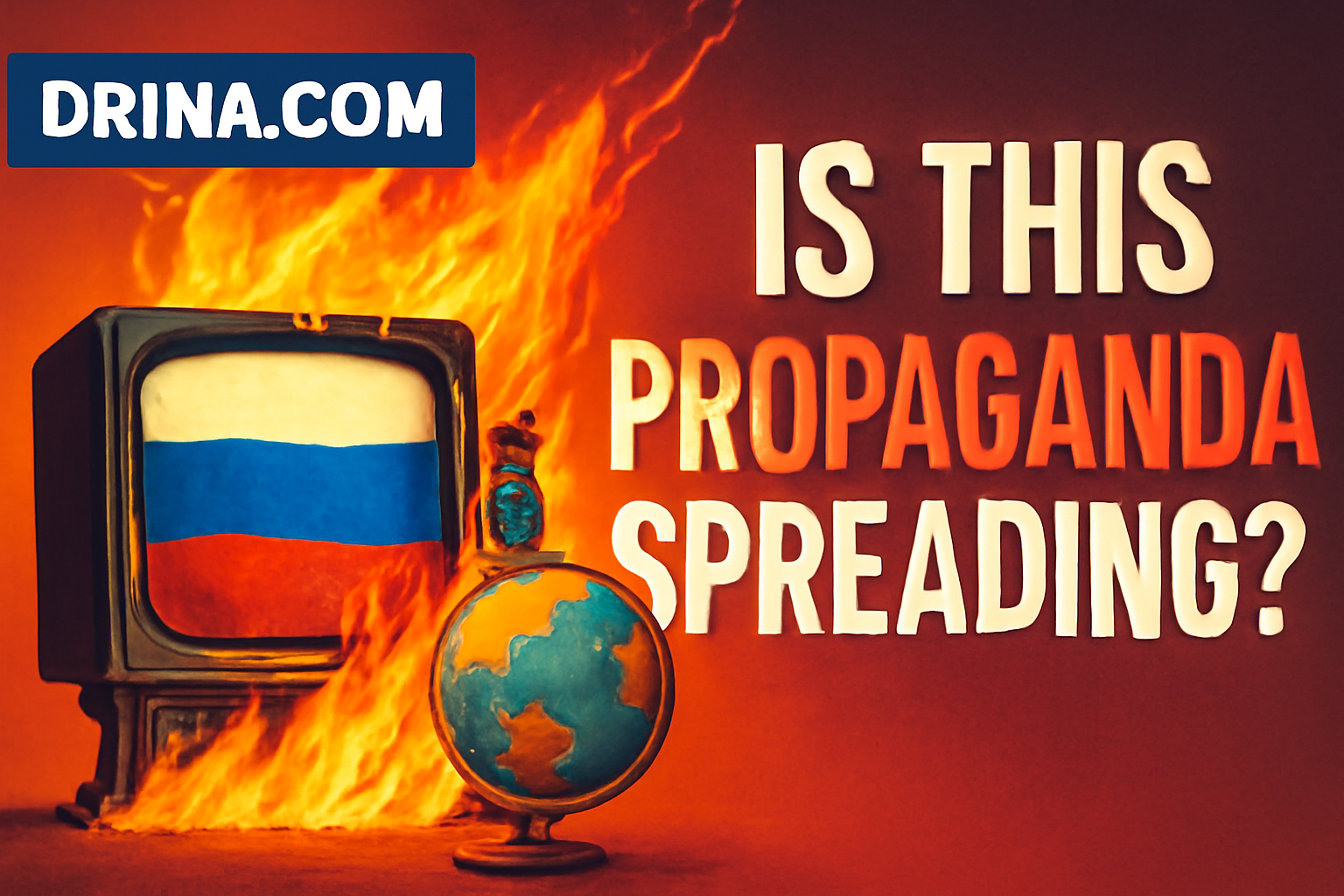Vatnik Soup: How Russian Propaganda Is Cooking Up a Storm of Lies That’s Burning the World
Welcome to the world where wars aren’t fought with tanks but with keyboards! Morten Hameken, a Danish journalist and co-author of the book “Vatnik Soup,” reveals how Russian propaganda isn’t just spreading lies but pushing the entire globe into a dangerous arms race.
The War You Don’t See
Forget classic battles with tanks and missiles. Today’s war is informational, and the weapons are fake news and disinformation spreading through social media. Hameken warns that officials often ignore this war, but it’s real and deadly.
Vatnik Soup – A Stew of Lies
The book’s title comes from Russian slang “vatnik” — a derogatory term for those blindly supporting the Kremlin. “Vatnik Soup” is a guide through the web of false narratives Russia spreads: from myths about biolabs, neo-Nazis in Ukraine, to the collapse of the West.
Who’s Spreading the Lies?
It’s not just Russian state-paid actors. There are politicians like Donald Trump, Elon Musk, Marine Le Pen, and various opportunists and true believers in propaganda. All of them, knowingly or unknowingly, help spread the lies.
Goebbels’ Method in the 21st Century
The old Nazi tactic — mix 60% truth with 40% lies — is the main recipe of Russian propaganda today. People believe what seems true, making them easy prey for false narratives.
Massive Armament – A Spiral of Madness
While the world fights information, countries spend billions on weapons. Ursula von der Leyen announced Europe’s armament worth billions of euros. Hameken warns: the more weapons, the likelier they’ll be used. China, India, Japan — all racing in this spiral.
What’s the Solution?
Hameken suggests instead of spending trillions on tanks and missiles, invest at least 10% of that money in educating people on digital resilience and critical thinking. The fight against disinformation is a war already underway, and we’re on the front lines.
Is NATO Ready?
There’s fear the next big conflict could erupt on European soil, especially in the Baltic states. Hameken believes NATO isn’t united and not all members would guarantee collective defense, especially with changes in the US.
Conclusion
The information war is real, dangerous, and ongoing. While the world arms itself, we feed on lies. Maybe it’s time to ask — who’s the real enemy? And will we let lies divide and destroy us?
If you made it this far, maybe you’ve already fallen into the “vatnik soup.” Or maybe you’re ready to break it up? Share your thoughts — in the age of lies, truth is the most dangerous thing we have.







